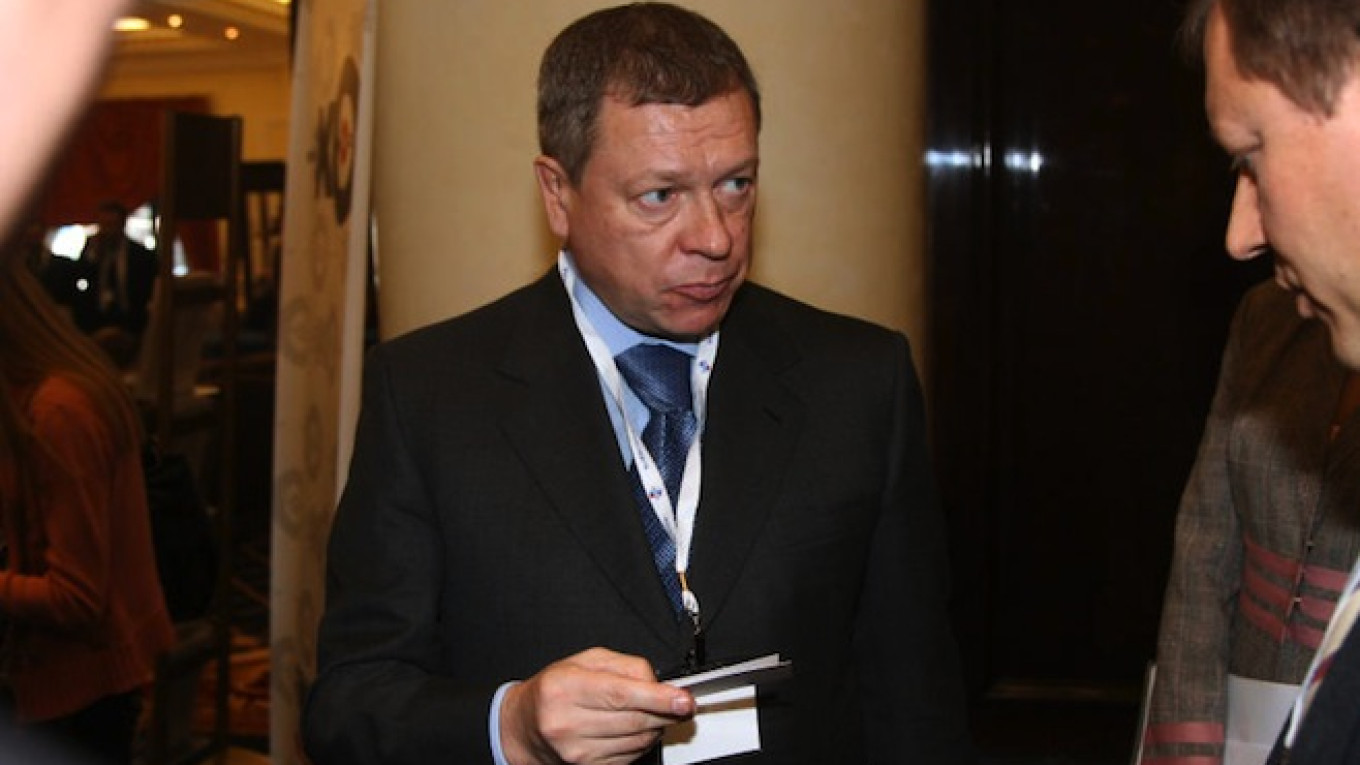Further sanctions against Russia over the Ukraine crisis could affect indebted Russian miner Mechel's U.S. coal business Bluestone, Mechel said in its annual report on Friday.
The situation in Ukraine since Russia' annexation of Crimea has developed into the worst standoff between Russia and the West since the Cold War, prompting Washington and Brussels to impose sanctions on some Russian individuals and companies.
Western governments have so far refrained from imposing sanctions on leading companies, but they have threatened further measures that could target key sectors such as energy and banking if the crisis escalates.
Mechel said the company could face sanctions affecting its Bluestone coal assets in the U.S. and that it could not assure that further sanctions "would not have a material adverse effect on our business, financial condition, results of operations and prospects".
The sanctions already imposed could have the indirect effect of damaging the Russian economy, further accelerating capital flight from Russia and negative investor sentiment towards the country, making it harder for Russian companies to access international financial markets, Mechel said.
The coalminer and steelmaker, controlled by businessman Igor Zyuzin, has been hit by weak prices for its products, forcing it to sell loss-making assets and to negotiate delayed debt repayment with creditors.
Its 2013 net loss widened to a record $2.9 billion after more than $2 billion of write-offs.
Mechel has been looking to sell Bluestone since the first half of 2013 to lower its $8.6 billion of net debt. It had temporarily halted mining at the company in late April because of weak coal prices.
At the end of 2013 almost 20 percent of the company's total borrowings were provided by international banks or their Russian subsidiaries, Mechel said.
The Ukrainian economy is also facing significant risks during the period of uncertainty, the company added in the report. Its 2013 revenue from exports to Ukraine was $52.8 million, or 0.6 percent of its total revenue, which could decrease in the current year.
See more:
New U.S. Sanctions Target Putin's Allies
A Message from The Moscow Times:
Dear readers,
We are facing unprecedented challenges. Russia's Prosecutor General's Office has designated The Moscow Times as an "undesirable" organization, criminalizing our work and putting our staff at risk of prosecution. This follows our earlier unjust labeling as a "foreign agent."
These actions are direct attempts to silence independent journalism in Russia. The authorities claim our work "discredits the decisions of the Russian leadership." We see things differently: we strive to provide accurate, unbiased reporting on Russia.
We, the journalists of The Moscow Times, refuse to be silenced. But to continue our work, we need your help.
Your support, no matter how small, makes a world of difference. If you can, please support us monthly starting from just $2. It's quick to set up, and every contribution makes a significant impact.
By supporting The Moscow Times, you're defending open, independent journalism in the face of repression. Thank you for standing with us.
Remind me later.


